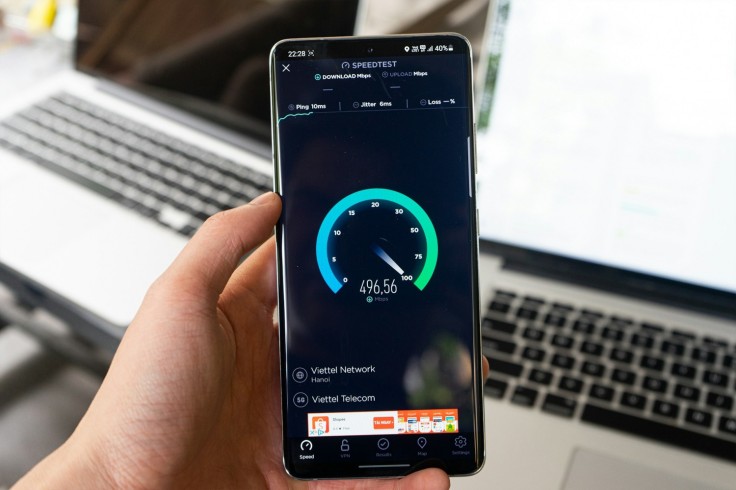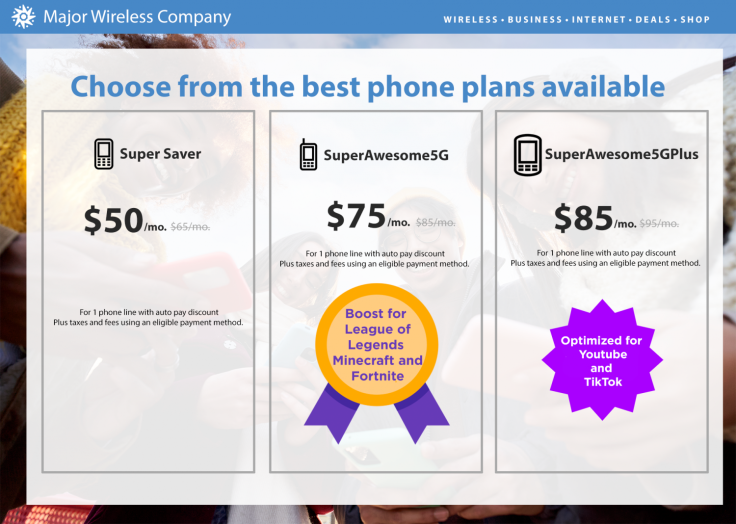Internet service providers could drive up the cost of people's broadband bills for faster gaming and 5G connection under the new ruling from the Federal Communications Commission.
In a blog post last week, Stanford professor Barbara van Schewick warned consumers that the proposed FCC ruling to supposedly control internet fees could allow ISPs further increase charges for willing customers.

The loophole refers to its provision allowing the commission to prohibit ISPs from blocking, throttling, and paid prioritization.
The ruling, however, did not cover any rules to prevent companies like Verizon, AT&T, and T-Mobile from offering so-called "fast lanes" for better service performance, albeit at an additional cost.
Stanford Prof: FCC Ruling Will Allow ISPs to Control Apps' Internet Performance
It did not help that the ISPs could decide which app and online platforms would be put on the internet fast lane, giving companies more control over the coverage and performance of their subscription plans.
This also includes "add-ons" to supposedly boost the performance of certain apps and platforms, a situation van Schewick warned would "limit user choice, distort competition, hamper startups, and help cement platform dominance."

The FCC is set to vote on the proposed ruling on April 25.
US Internet Prices Will Continue to Rise
If the ruling gets passed as it is right now, many Americans could be affected by these changes as internet traffic continues to increase.
The FCC earlier warned that internet subsidies would continue to decrease in the coming months as funding for the Affordable Connectivity Program runs out.
As of writing, Congress has yet to vote on the proposed $7 billion budget extension for the program.
On the other hand, ISPs have the chance to prioritize improvements on their "fast lanes" while regular internet lanes get further swamped by the growing number of users accessing the same service.
Related Article : Internet Price Hikes Inevitable as Broadband Subsidy Runs Out, FCC Says









